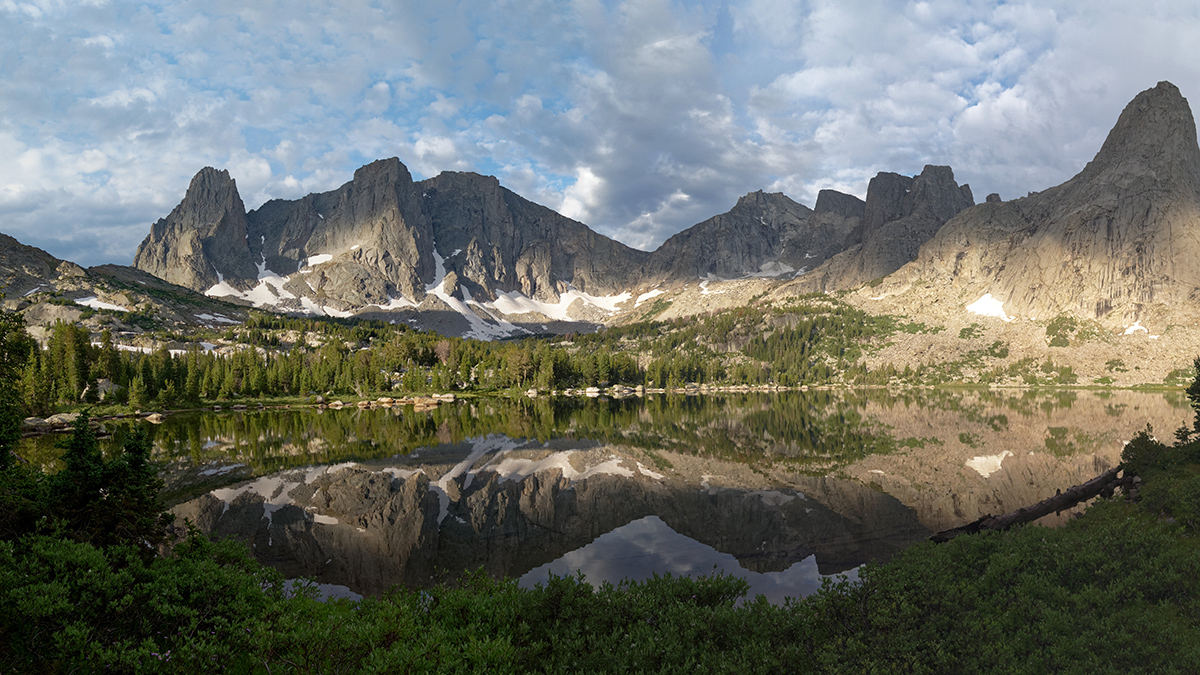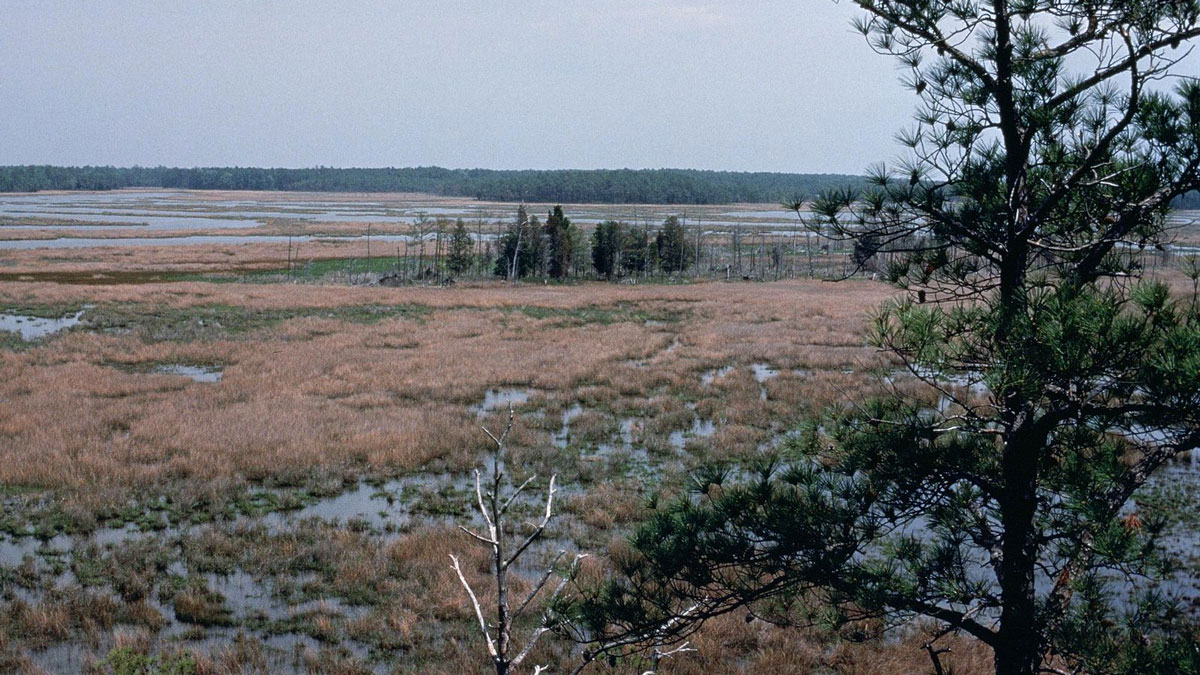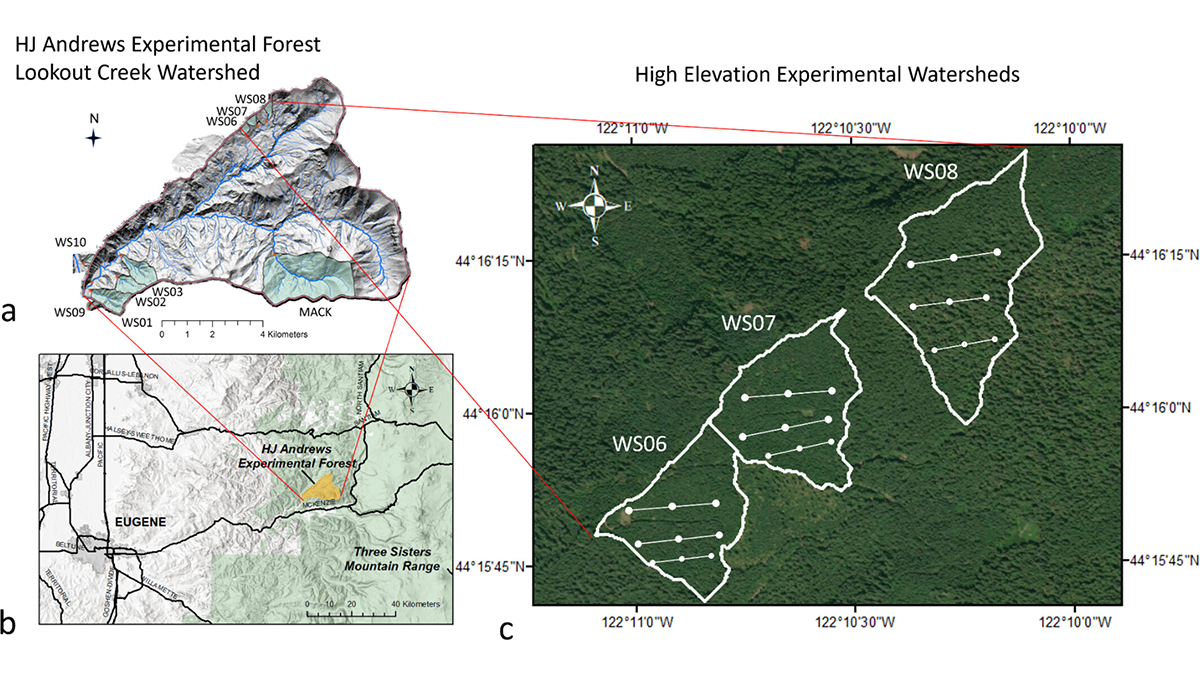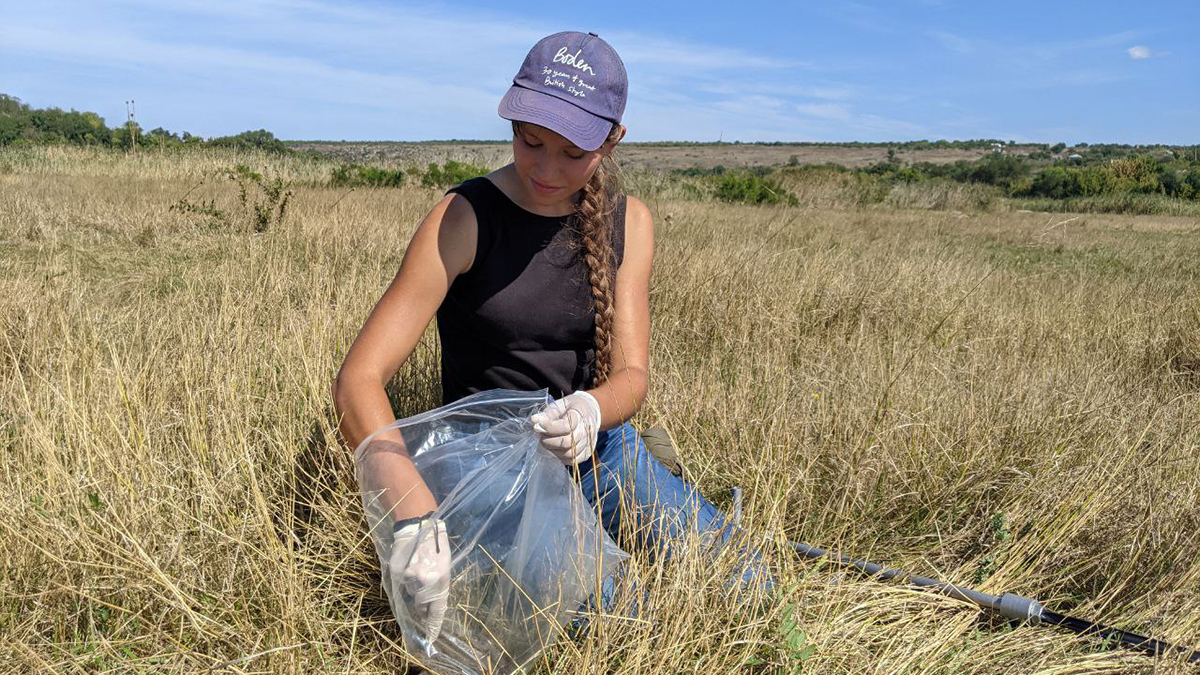Climate change has made great swaths of the planet drier and soils saltier, jeopardizing food production and water access for billions.
ecosystems
DNA in Lake Sediment Reveals the Impact of Introduced Fish
Non-native trout have altered the diversity of zooplankton that live in high-elevation lakes.
As Seas Rise, Marshes May Still Trap Carbon—and Cool the Planet
Rising seas spell doom for coastal wetlands trapping carbon—or do they? New research reveals that as these ecosystems transition, they can still trap carbon and possibly cool the planet.
Planetary Perturbations May Strengthen Gaia
Large-scale disruptions to life may ultimately increase ecological complexity over geologic timescales, though the risk of extinction always looms.
Some Urban Trees Suffer Under Climate Stress
Heat and drought hit trees in Boston and New York City harder than those in their rural counterparts.
Understanding Carbon-Water Tradeoffs in Pacific Northwest Forests
A new study documents how spruce forests differing in management and age structure influence individual tree growth, carbon stocks, and landscape-water balance in the Pacific Northwest.
Ukrainian Scientists Race to Document Soil Fungi
Genetic sequencing of samples collected from across the country contribute to a global database and may help researchers assess the damage caused by war.
Hungry Stingrays Shift Serious Amounts of Sediment
While digging for food on estuary bottoms, rays push around literally tons of sediment, changing their habitat in profound ways.
Solar Panel Arrays May Affect Soil Carbon Levels
As research ramps up on how to maximize the benefits of colocating agriculture and solar panels, researchers are also beginning to investigate other potential ecosystem benefits.
Wissenschaft verknüpft den Wald mit dem Internet der Dinge
Ausgestattet mit rund 10,5 Mio. Euro an Forschungsgeldern werden Forschende neuartige Sensoren zum Einsatz bringen, die der Assimilation von Daten in Echtzeit und der Erstellung von Modellen dienen, die die Auswirkung von Klimaveränderungen auf Waldgebiete abbilden.










